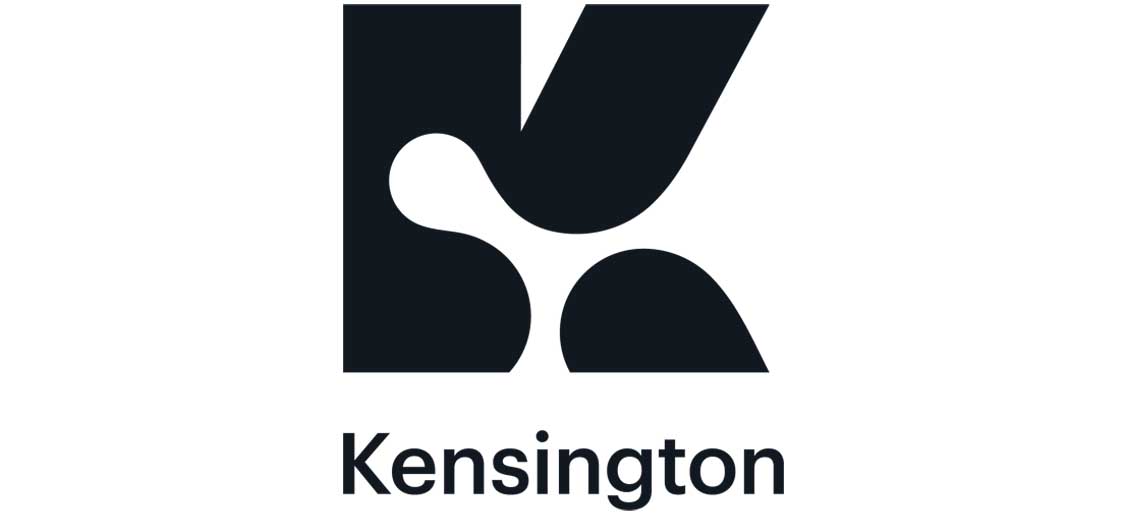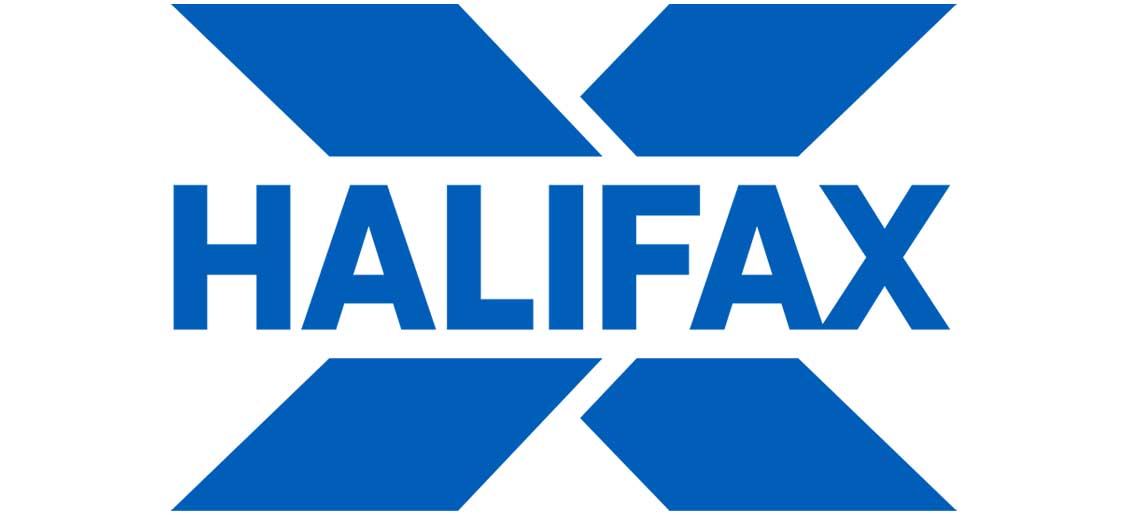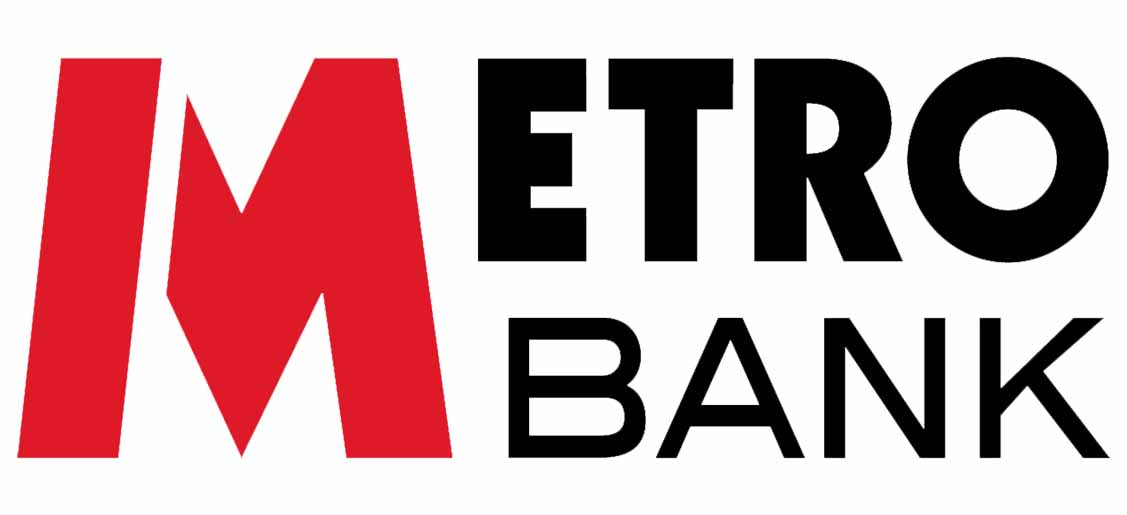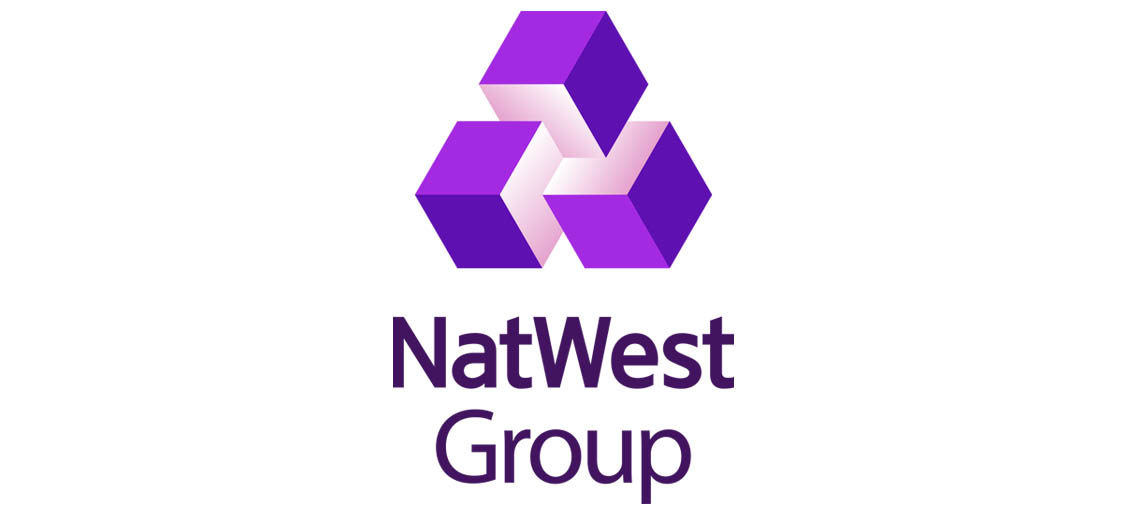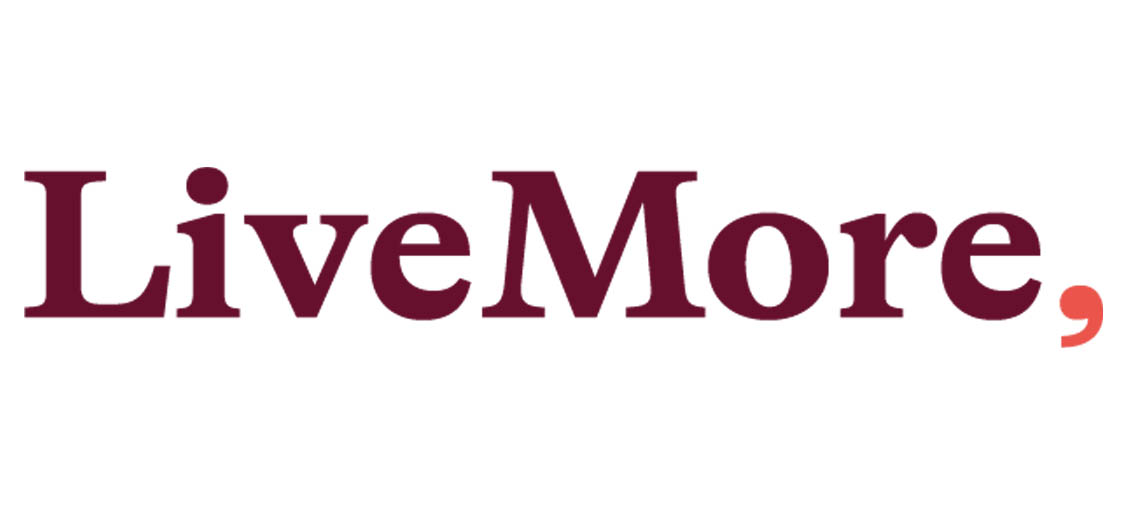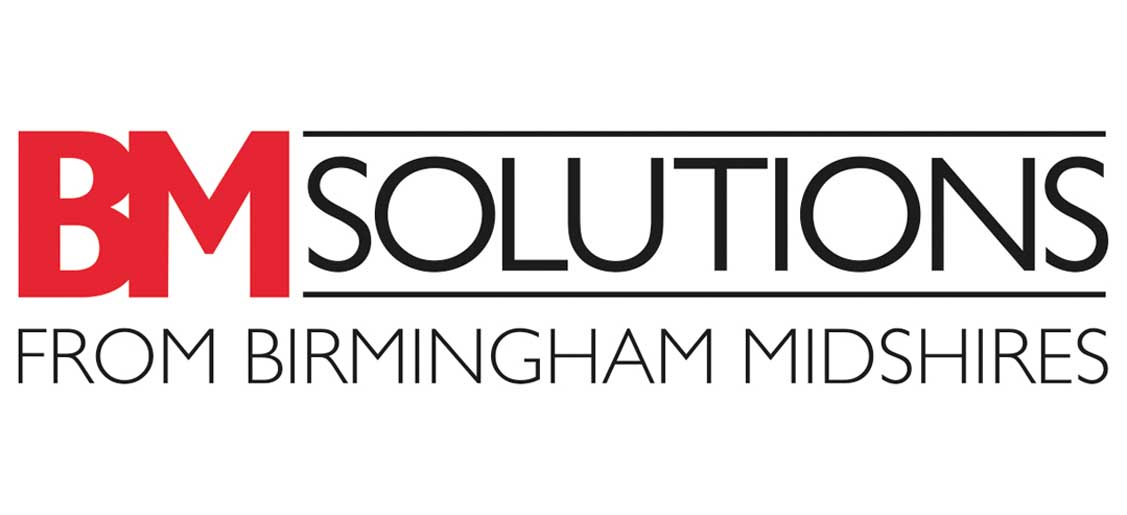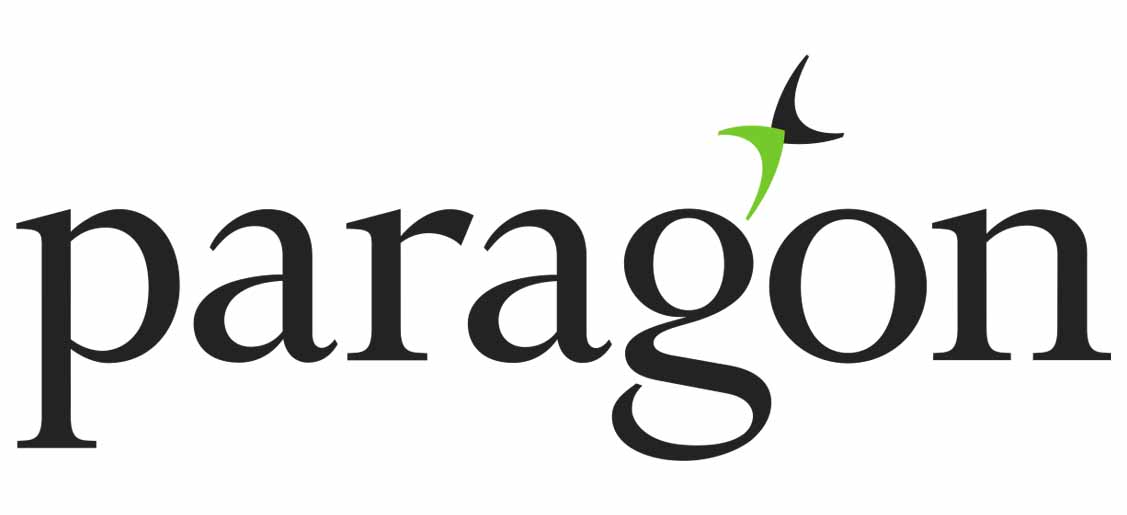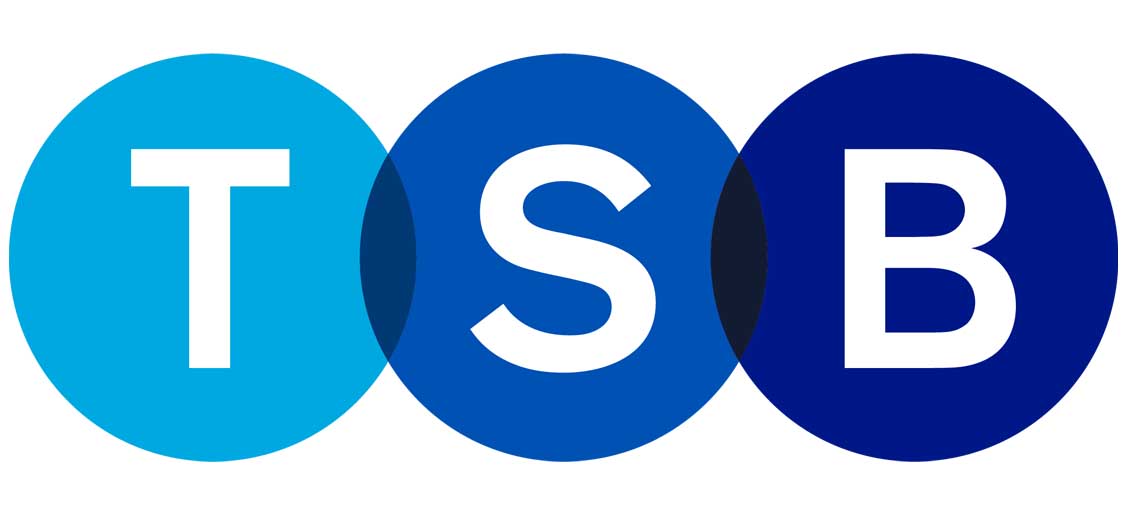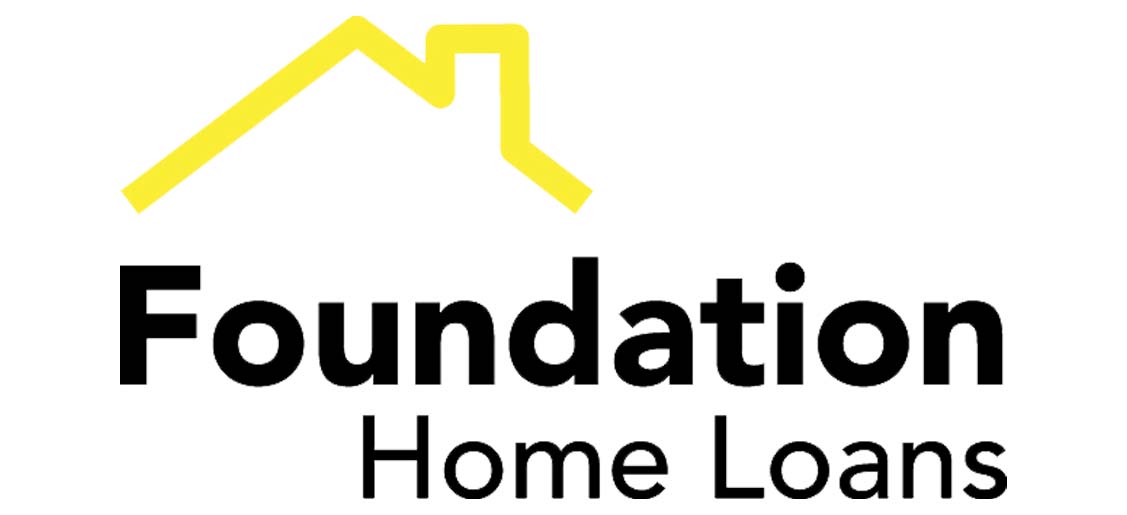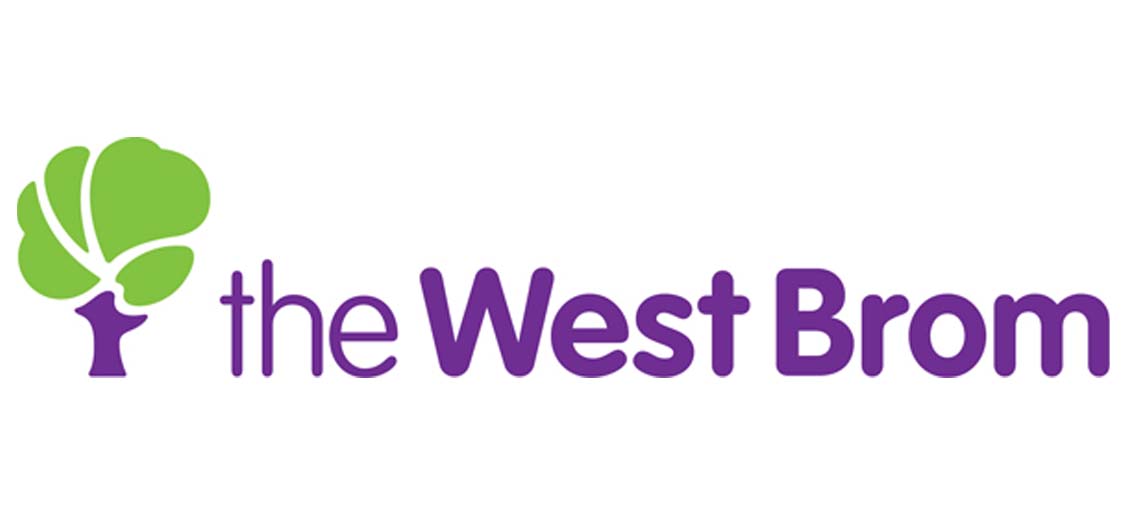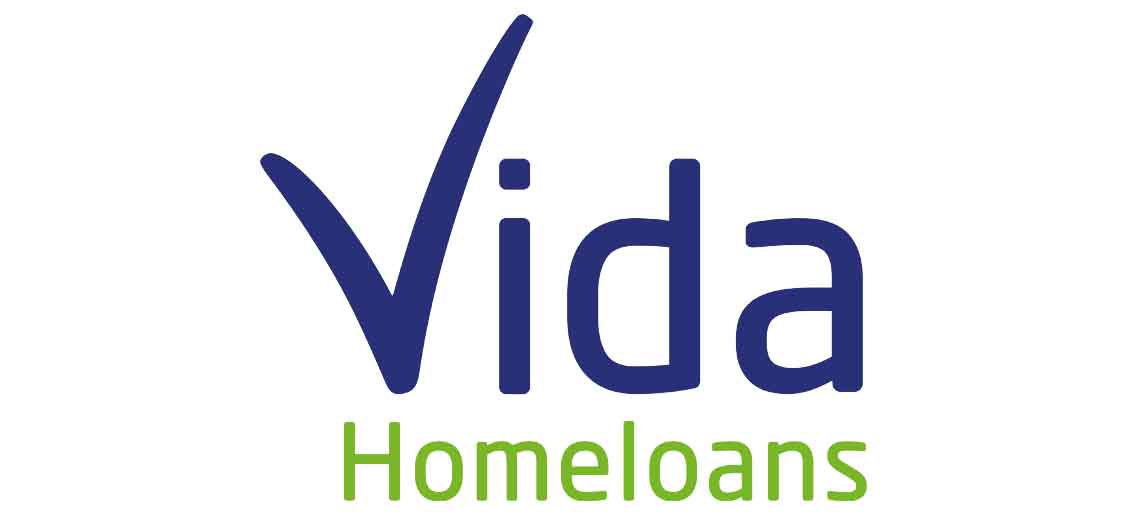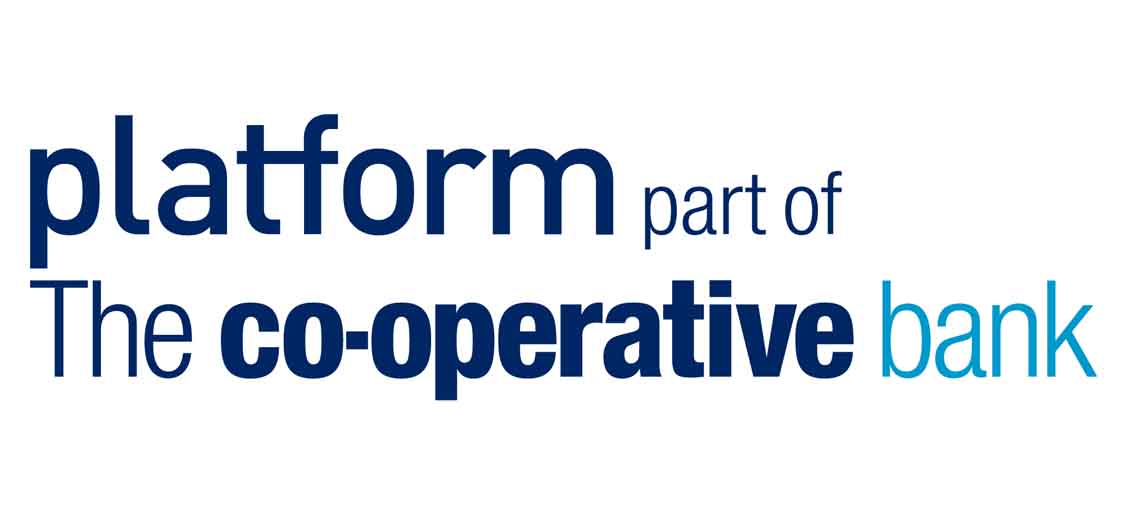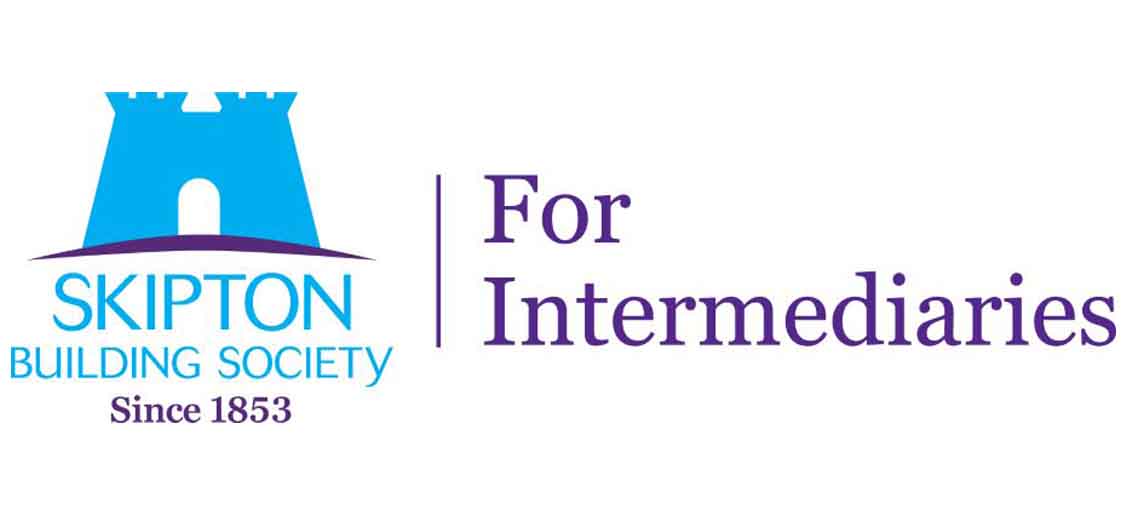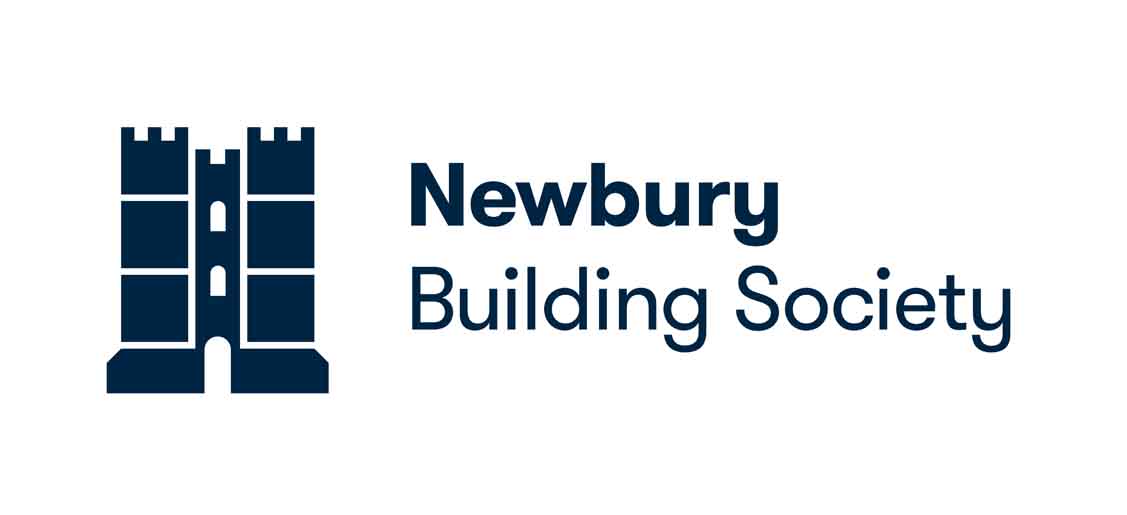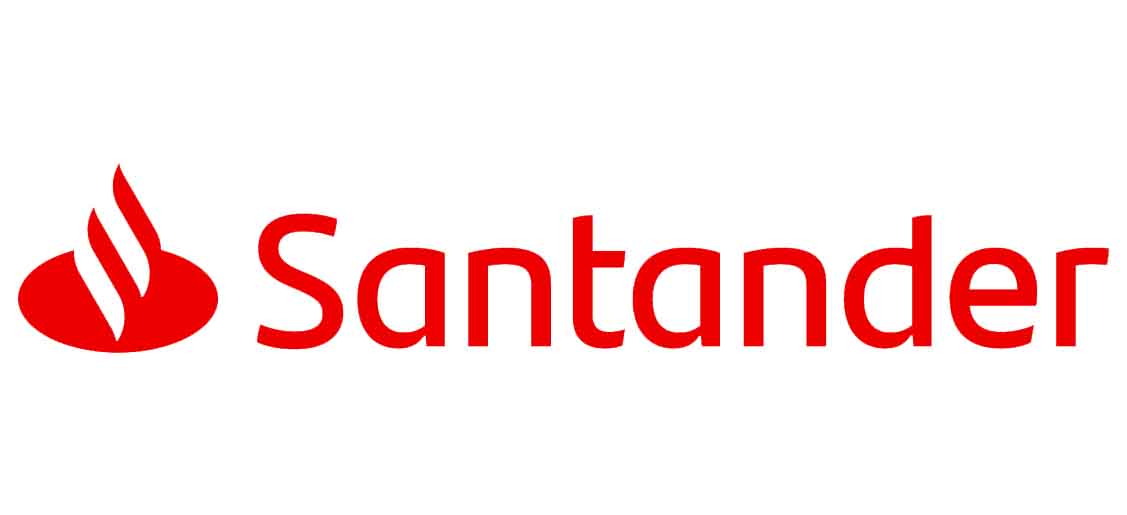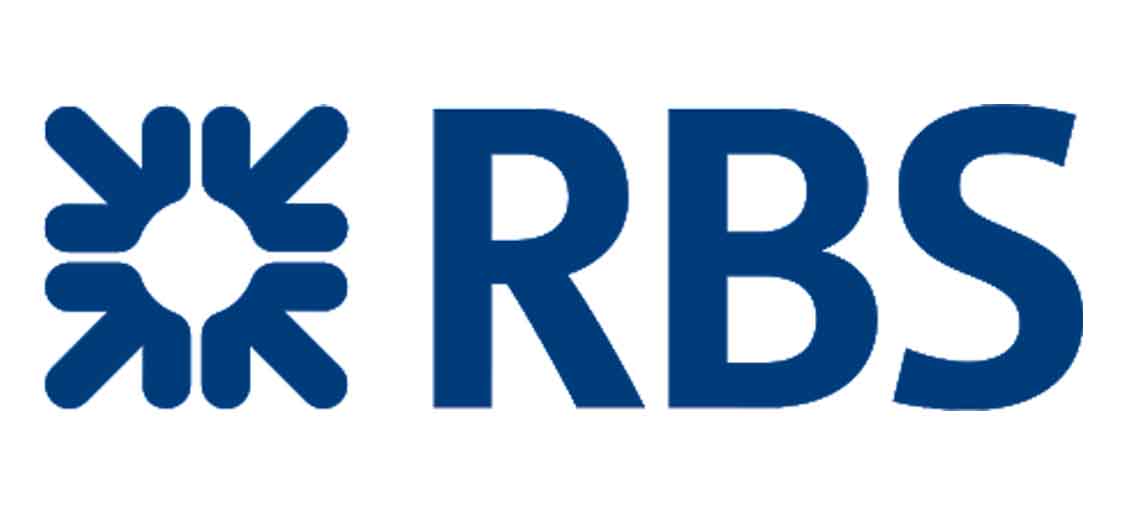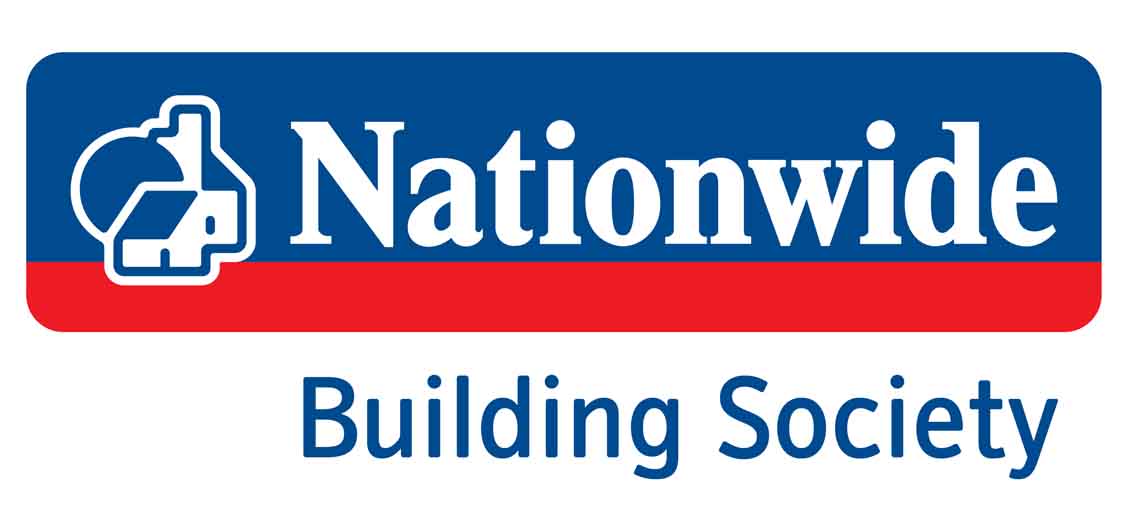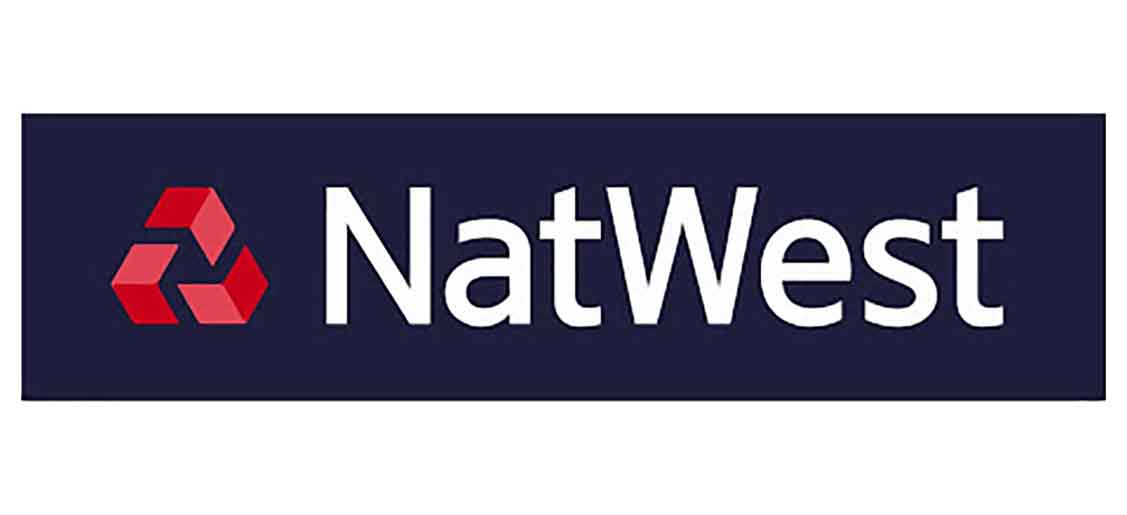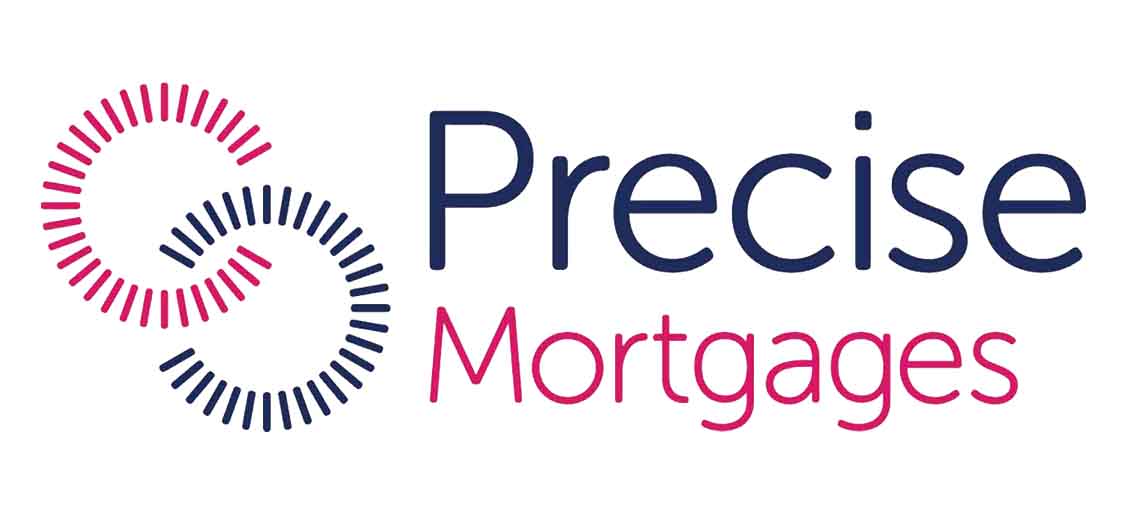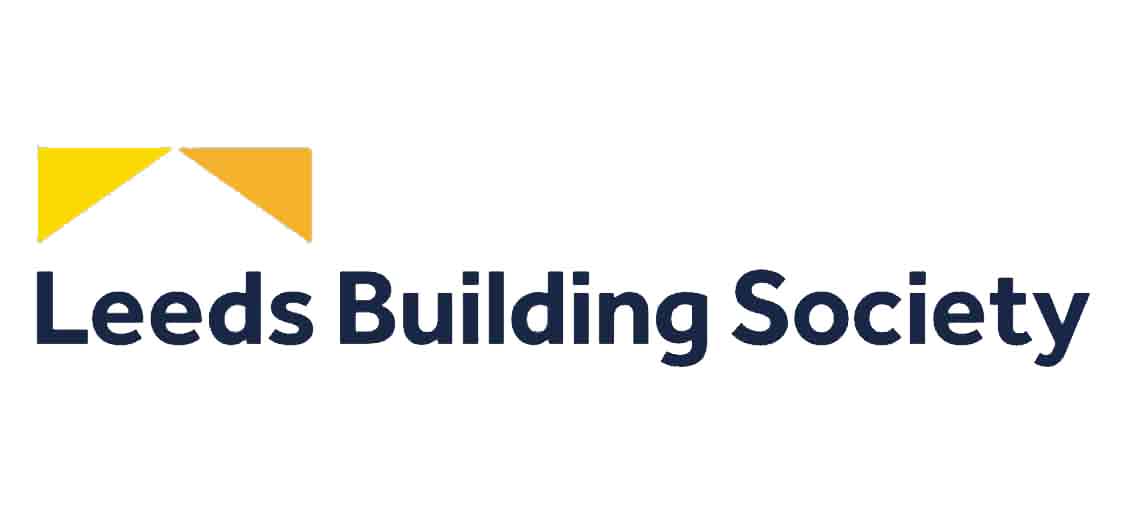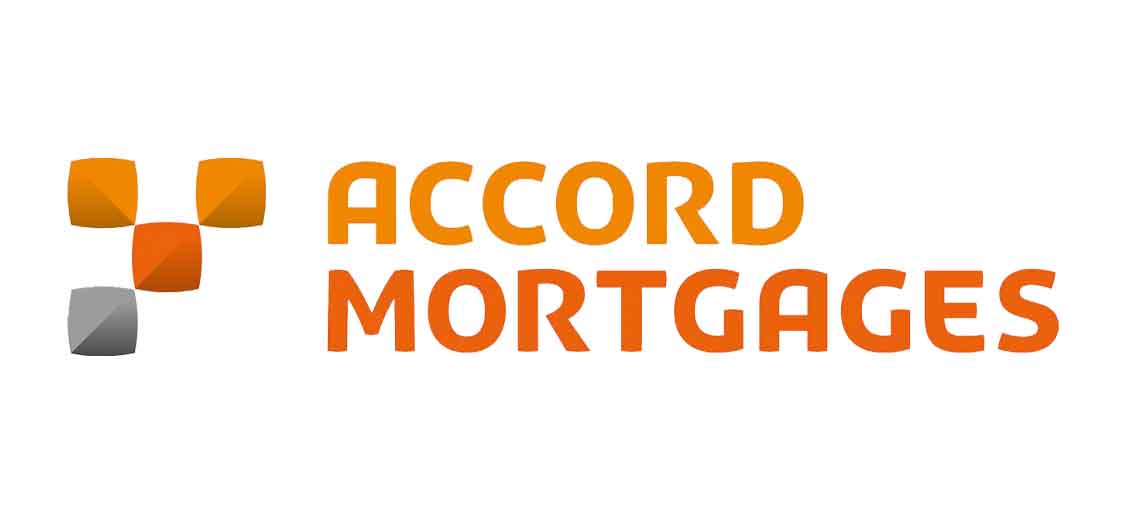Benefits of Second Charge Mortgage
Second Charge Loans: Borrowing Against Your Home Equity
A second charge loan, also known as a second mortgage, is a secured loan that allows you to borrow money using the equity you’ve built up in your property. Equity is the difference between the current market value of your home and the amount you still owe on your first mortgage.
Second Charge Mortgages are referred to a third party. Neither Your Property Financial nor PRIMIS are responsible for the service received.
Here’s a breakdown of second-charge loans:
Secured Loan: Unlike unsecured loans (personal loans), a second-charge loan uses your property as security. If you fail to repay the loan, the lender can repossess your home to recoup their losses.
Second in Line: As the name suggests, a second charge loan comes second in priority to your first mortgage. This means that if your home is sold, the first mortgage lender will be paid first, and any remaining funds will go towards your second-charge loan.
4 Benefits of Second Charge Loans
Access Larger Amounts
Compared to unsecured loans, second-charge loans allow you to borrow larger sums due to the security of your property. This can be helpful for significant expenses like home improvements, debt consolidation, or financing large purchases.
Potentially Lower Interest Rates
Since the loan is secured by your property, lenders may offer you a lower interest rate compared to unsecured loans. This can save you money on interest payments over the loan term.
Flexibility in Use of Funds
Unlike some loans earmarked for specific purposes, second-charge loans offer more flexibility in how you use the borrowed funds. This allows you to address various financial needs.
Potentially Faster Application Process
Obtaining a second-charge loan can sometimes be faster than remortgaging your entire property, especially if you have a good credit score and sufficient equity in your home.
Applying for a Second Charge Loan
The application process for a second charge loan typically involves the following steps:
- Research and Compare Lenders: Research different lenders offering second-charge loans and compare their interest rates, fees, and loan terms. Look for lenders regulated by the Financial Conduct Authority (FCA) to ensure they adhere to responsible lending practices.
- Check Eligibility: Ensure you meet the lender’s eligibility criteria, which usually includes factors like your income, credit score, property value, and loan-to-value (LTV) ratio (the amount you borrow compared to your home’s value).
- Gather Documents: You’ll likely need to provide documents like proof of income, property deeds, bank statements, and proof of address during the application process.
- Formal Application: Once you’ve chosen a lender and gathered the required documents, submit a formal application for the second charge loan.
- Valuation and Approval: The lender may need to value your property to determine the loan amount you’re eligible for. Upon approval, you’ll receive the loan funds, minus any fees associated with the loan.
What is the average interest rate for a 2nd charge mortgage?
It’s difficult to pinpoint an exact average interest rate for second-charge mortgages because it depends on several factors:
Market Rates: The overall interest rate environment plays a role. As of June 2024, second-charge mortgage rates are generally higher than standard mortgage rates. However, this can fluctuate based on economic conditions.
Individual Circumstances: Your credit score, the amount you want to borrow, the loan term, and the loan-to-value (LTV) ratio (loan amount compared to property value) all significantly affect the interest rate you’re offered. Borrowers with strong credit scores and lower LTV ratios will typically qualify for better interest rates.
Loan Type: Second-charge mortgages can be fixed-rate or variable-rate. Fixed-rate offers stability with a constant interest rate throughout the loan term. Variable rates can be initially lower but may fluctuate based on market conditions.
Can a Mortgage Broker Help?
Mortgage brokers can be valuable resources when considering a second-charge loan. They can:
- Compare Rates and Products: A broker can access deals from various lenders and help you find the most competitive interest rate and loan terms for your situation.
- Streamline the Application Process: Brokers can guide you through the application process, ensuring you have all the necessary documentation and completing the paperwork efficiently.
- Negotiate on Your Behalf: A broker can leverage their relationships with lenders to potentially negotiate a better interest rate or loan terms on your behalf.
- Provide Expert Advice: A broker can offer expert advice on second-charge loans, considering your financial situation and goals. They can help you determine if a second-charge loan is the right option for you and explore alternative solutions if needed.
Remember, taking out a second-charge loan is a significant financial decision. It’s crucial to carefully consider your options, understand the risks involved (like potential repossession if you can’t repay), and ensure you can afford the monthly repayments before proceeding.
Making Your Second-Charge Mortgage Journey Smooth
- Why use a mortgage broker video: https://www.youtube.com/watch?v=tB-NIdhpjiI



